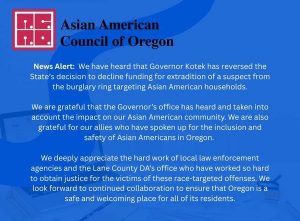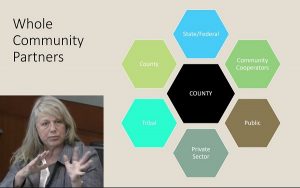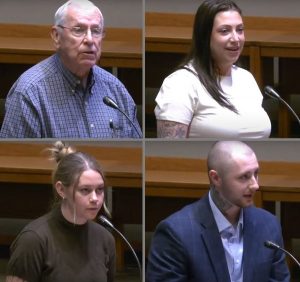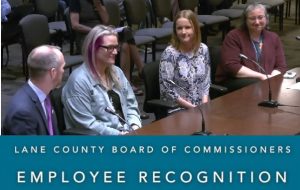UN report: We are not on track to meet 2030 forest goals
2 min read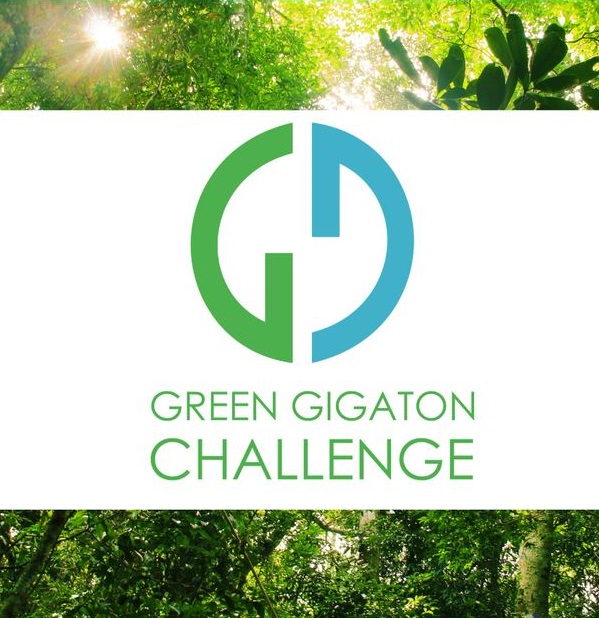
DJ Suss D: The UN Environment Program – World Conservation Monitoring Center, or UNEP-WCMC, is a global center of excellence on biodiversity and nature’s contribution to society and the economy.
[00:00:14] According to a new report by the UN-REDD program, UNEP-WCMC, and the Green Gigaton Challenge, the world is not on track to achieve forest goals of ending and reversing deforestation by 2030—critical for a credible pathway to the 1.5 degree Celsius Paris agreement goal.
[00:00:34] It finds that for the 2030 goals to remain within reach, a one gigaton milestone of emissions reductions from forests must be achieved not later than 2025 and yearly after that.
[00:00:46] The report ‘Making good on the Glasgow Climate Pact: A call to action to achieve one gigaton of emissions reductions from forests by 2025‘ finds that current public and private commitments to pay for emissions reductions are only at 24% of the gigaton milestone goal.
[00:01:03] Only around half of these commitments have been realized through signed emissions reduction purchase agreements, and none of the funding for these commitments has yet been dispersed. The report highlights how High Forest, Low Deforestation countries need more financial support. HFLD countries store 18% of tropical forest carbon worldwide, but current forest climate finance mechanisms are not adequate for rewarding their historical conservation and resisting increased pressures to deforest.
[00:01:34] It is vital that their access to sufficient climate finance is rapidly improved. For a 66% chance of limiting global warming to no more than two degree Celsius, 15 gigatons of emissions per year by 2030 must be avoided or absorbed above the commitments already made by countries.
[00:01:51] Forest based solutions provide a crucial annual mitigation credential of around four gigatons by 2030.
[00:01:58] Actions to halt forest loss and degradation, coupled with sustainable forest management, conservation and restoration can deliver cost effective climate mitigation for 27% of the solution to help avert climate catastrophe.
[00:02:12] REDD stands for Reducing Emissions from Deforestation and forced Degradation. REDD+ signifies the role of conservation, sustainable management of forests, and enhancement of forest carbon stocks.
[00:02:25] The Green Gigaton Challenge is a climate strategy to enable forest protection at scale by mobilizing public and private results-based finance. The Green Gigaton Challenge will build the visible demand signal needed to unlock the supply pipeline of high-integrity jurisdictional REDD+ emissions reductions.
[00:02:45] They are a coalition led by Emergent Forest Finance Accelerator, UN-REDD, the Architecture for REDD+ Transactions, Forest Trends, and the Environmental Defense Fund. These credits will capture the true value of forest establishing the future benchmark for forest protection while building on two decades of investment in REDD.
[00:03:06] Plus, these credits are fully aligned with the global policy framework, the objectives of the UN and the Paris Agreement.
[00:03:13] For KEPW News, I’m DJ Suss D.


